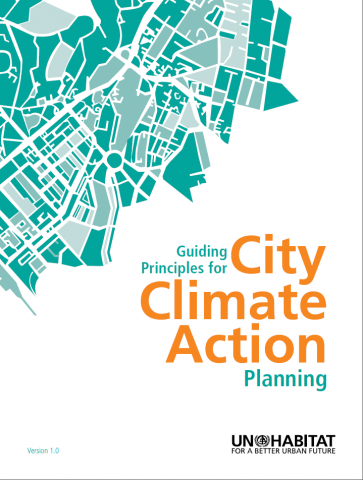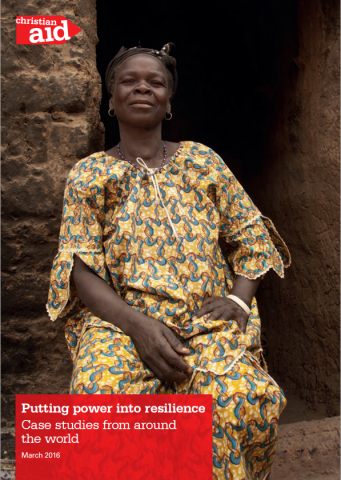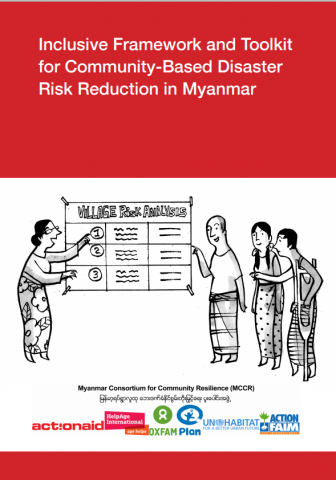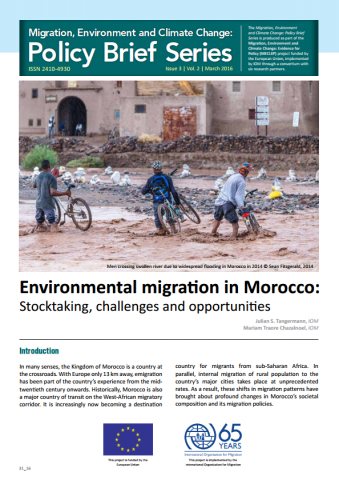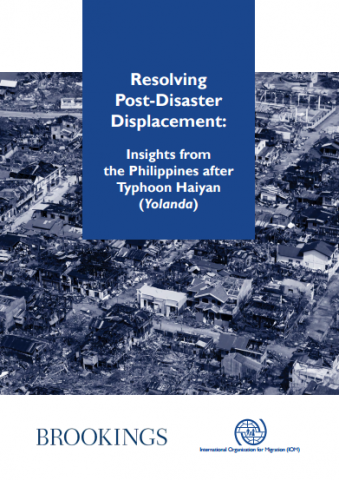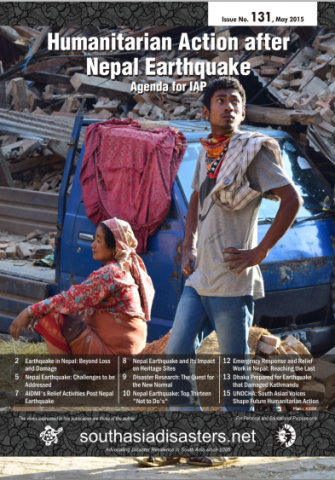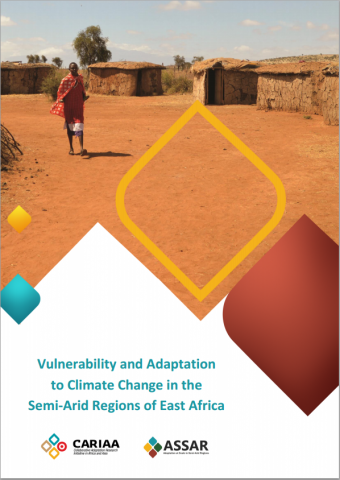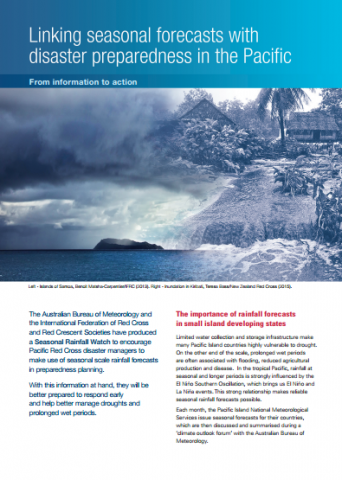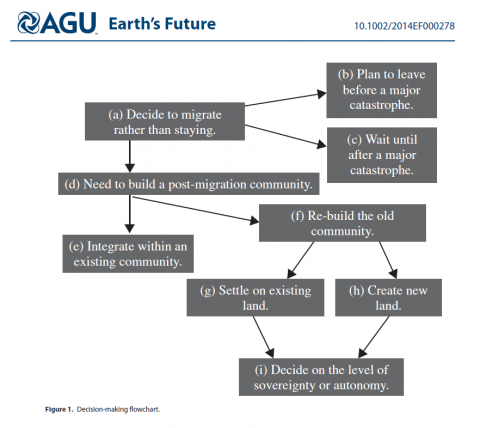Epidemic Preparedness in Myanmar
Myanmar is the largest country in mainland South-East Asia and is vulnerable to a wide range of hazards including floods, cyclones, earthquakes, landslides and tsunamis. Over the last decade the country has dealt with the devastating effects of Cyclone Nargis (May 2008); which severely impacted the Ayeyarwady and Yangon divisions, and Cyclone Giri that hit […]
Epidemic Preparedness in Myanmar Read More »

